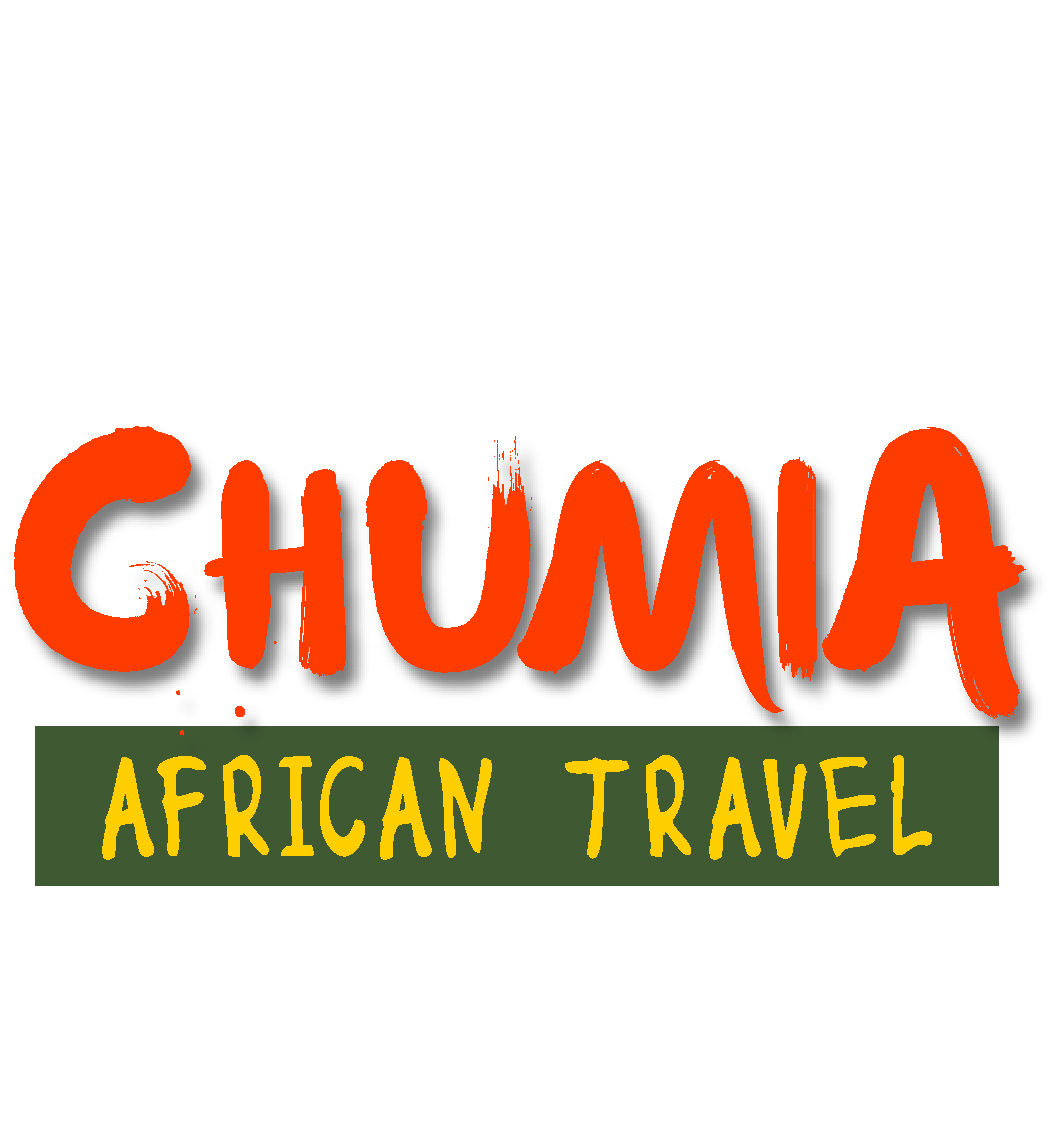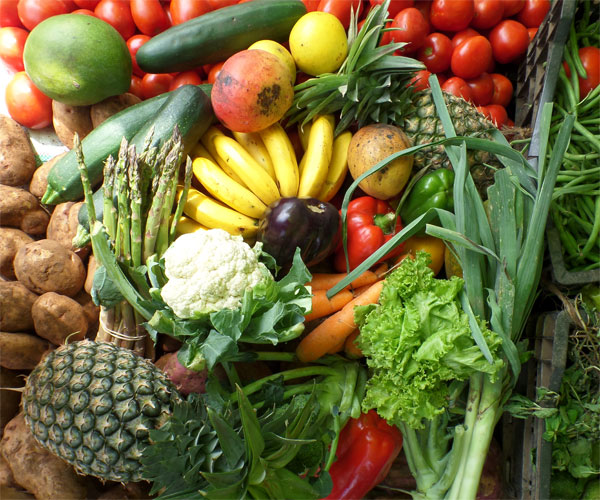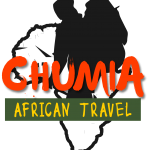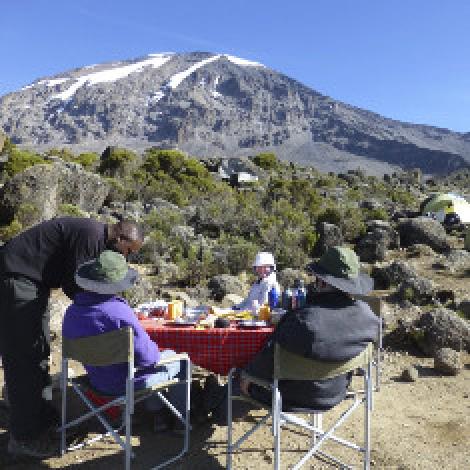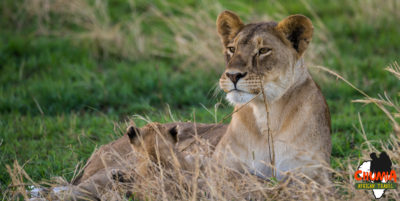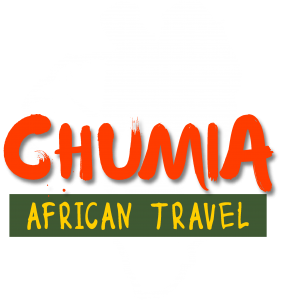Kilimanjaro Model Food
You will be provided with breakfast, lunch and dinner each day spent on the mountain. The food, specifically selected to help your climb, are high energy carbohydrate foods that are easily digestible. The primary carbohydrate of the meals are rice, potatoes and pasta. Fresh fruit and vegetables accompany every meal. Meat is served on the mountain but not in large quantities because it is not easily digestible at high altitude and nor does it keep well on the mountain. We resupply the team with fresh food throughout the climb.
Water is collected from mountain streams and treated with water purification tablets. Water is provided only at the campsites so you need to carry enough water, usually about 3 liters, to stay hydrated while you hike.
Your meals will be prepared by your cooks on Kilimanjaro and the food will be carried by your porters.
A typical day’s menu will include the following:
Breakfast
- Porridge
- Toast
- Pancakes
- Eggs
- Smoked sausages
- Fresh fruit (pinapple, melon or oranges)
- Tea / Coffee / hot chocolate
Lunch
- Sandwiches
- Fresh fruit
- Hard boiled eggs
- Biscuits
- Fruit juice
Dinner
- Soup
- Pasta / Rice / Potatoes
- Chicken / Beef
- Vegetables
- Salad
- Fresh fruit
Snacks
You may wish to bring your own snacks to provide well deserved treat, or energy boost! Chocolate is generally the best answer and if it has nuts in then even better, but whatever you choose make sure it is a favourite treat and not a ‘power bar’, or ‘energy gel’. If you are suffering from altitude sickness then your appetite may be suppressed and these snacks may become a good supplement to your meals, so make sure it is something that you enjoy eating! A powdered energy drink such as lucozade sport is also a good source of energy and will help with the taste of the water if you have been using iodine tablets.
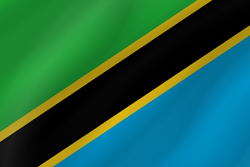 +255 756 010 739 +33 6 24 82 09 36
+255 756 010 739 +33 6 24 82 09 36
